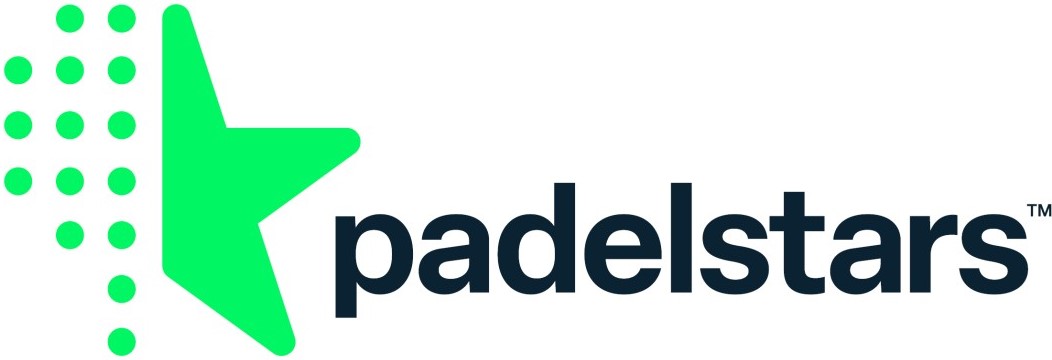More cyber security future proofing is needed says Basingstoke-based Censornet

Cyber Security needs future proofing for half of British businesses, says Basingstoke-based Censornet in its latest 2023 SME Cyber Report.
Small and medium sized businesses (SMEs) in the UK have seen cyber security readiness and resilience decline in the last year, it reveals, and more than half of SMEs believe they neeed to boost their cyber security, up from 40.5 per cent the previous year.
The new findings are taken from Censornet’s 2023 SME Cyber Report – an annual survey gathering insights from 200 UK-based IT and security leaders. The research shows email attacks emerged as the top cyber security incident, with one in three organisations suffering a serious attack due to an employee opening a compromised email, up from 16 per cent a year earlier.
Despite this, SMEs’ ability to prevent email attacks has declined. Just over one in three can block dangerous attachments from reaching the email inbox of users, a 14 per cent decrease since last year. Only 29 per cent of organisations can successfully quarantine suspicious or malicious emails, down from 34.5 per cent a year earlier. In the public sector, these figures fall even lower to 33 per cent and 23 per cent respectively.
Ed Macnair, CEO of Censornet, said: “Small and medium-sized businesses play a vital role in the UK economy, accounting for three-fifths of employment and nearly half of turnover in the private sector.
“Given these businesses are responsible for storing and processing large volumes of the UK’s data, it’s imperative they are confident they can protect data adequately with an integrated security platform that ensures all bases are covered.”
While email attacks are increasing, other types of cyber breaches and attacks are showing signs of falling. Only 17 per cent of organisations suffered a ransomware attack, compared to 21 per cent a year earlier. The average cost of a ransomware attack has also fallen by 37 per cent from £144,000 to £91,000. However, the number of SMEs paying the ransom has jumped dramatically from 21 per cent to a lofty 85 per cent.













